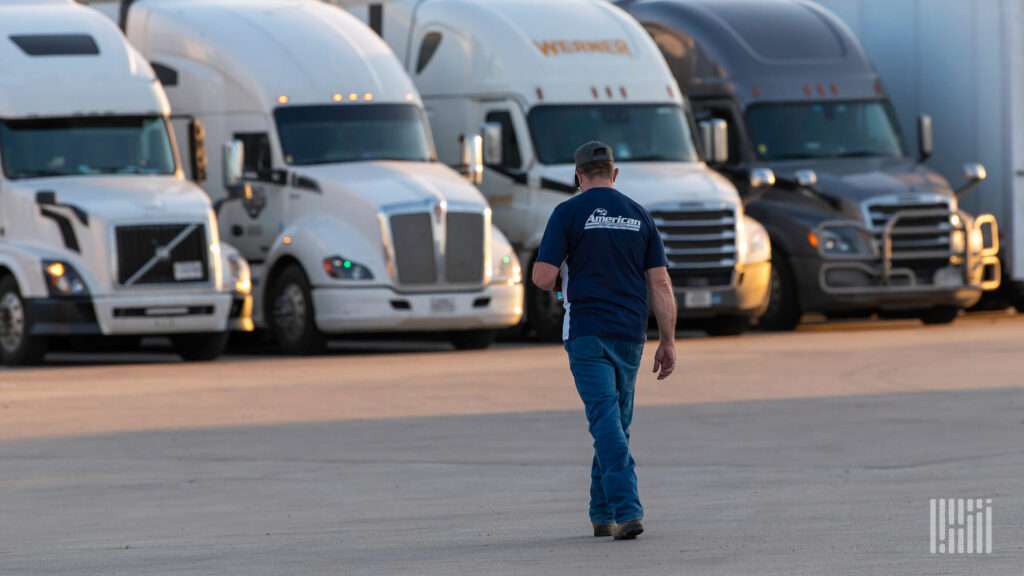The Changing Face of the USA Trucking Industry: Why Small Fleets Can’t Survive Anymore ???

There was a time when owning just a few trucks in the USA trucking industry could lead to a profitable business. Even single truck owner-operators could make a decent living. But those days are mostly gone. The trucking industry has changed a lot, and it’s now much harder to succeed with a small fleet of trucks. If you don’t have at least 10 trucks, it’s tough to cover your costs and make a profit.
Why Costs Have Skyrocketed
Running a trucking business has become much more expensive. The price of fuel, insurance, truck maintenance, and the need to follow stricter regulations have all gone up. If you only have a few trucks, the money you make often isn’t enough to cover these rising costs.
For example, many small fleet owners take out bank loans to buy their trucks. But the monthly payments on those loans, plus the cost of insurance and keeping the trucks in good shape, can quickly eat up any profits. Without a large number of trucks to spread out these costs, small operators find themselves struggling to make ends meet.
How Big Fleets Manage Market Fluctuations
The freight market can be unpredictable, with lanes that pay well in some regions while others offer much lower rates. Larger carriers with many trucks can balance this out more effectively. Trucks coming from high-paying markets can generate enough revenue to cover the losses from trucks operating in low-paying markets. This balancing act helps big carriers remain profitable, even when some of their trucks are earning less.
Small fleets don’t have this advantage. When they find themselves in a low-paying market, they often have to accept lower rates just to keep their trucks moving. But these lower rates might barely cover their expenses. Big carriers, on the other hand, can take these lower-paying jobs without much worry because they have other trucks bringing in good money from high-paying markets.
Debunking the Myth About Cheap Freight
Some people think that small owner-operators are to blame for driving down freight rates by accepting cheap jobs. But this isn’t true. In fact, many single truck owner-operators have high expectations for what they should be paid. They know how much it costs to run their business, and they often refuse to take loads that don’t meet their needs. Many would rather let their trucks sit idle for a day than work for less than they deserve.
The real reason for low freight rates often comes from big carriers. These companies can afford to take on low-paying jobs because their other trucks are making good money on more profitable routes. This practice lowers rates across the industry, making it even harder for small operators to stay competitive.
Conclusion: Size Matters More Than Ever
Today’s USA trucking industry is tough on small businesses. With fewer than 10 trucks, it’s incredibly difficult to stay profitable. The high costs of running a trucking business, along with unpredictable market conditions and competition from large carriers, make it nearly impossible for small operators to succeed.
For anyone thinking about starting a trucking company or expanding their current one, it’s important to understand that you need scale to survive. Without enough trucks to spread out costs and balance the ups and downs of the market, the risks are just too high. The reality is that the trucking industry is no longer a good fit for small businesses hoping to turn a profit.
Written by Faraz Ali, founder of GTS, specializing in truck dispatch services. Learn more at www.gtsdispatch.us




